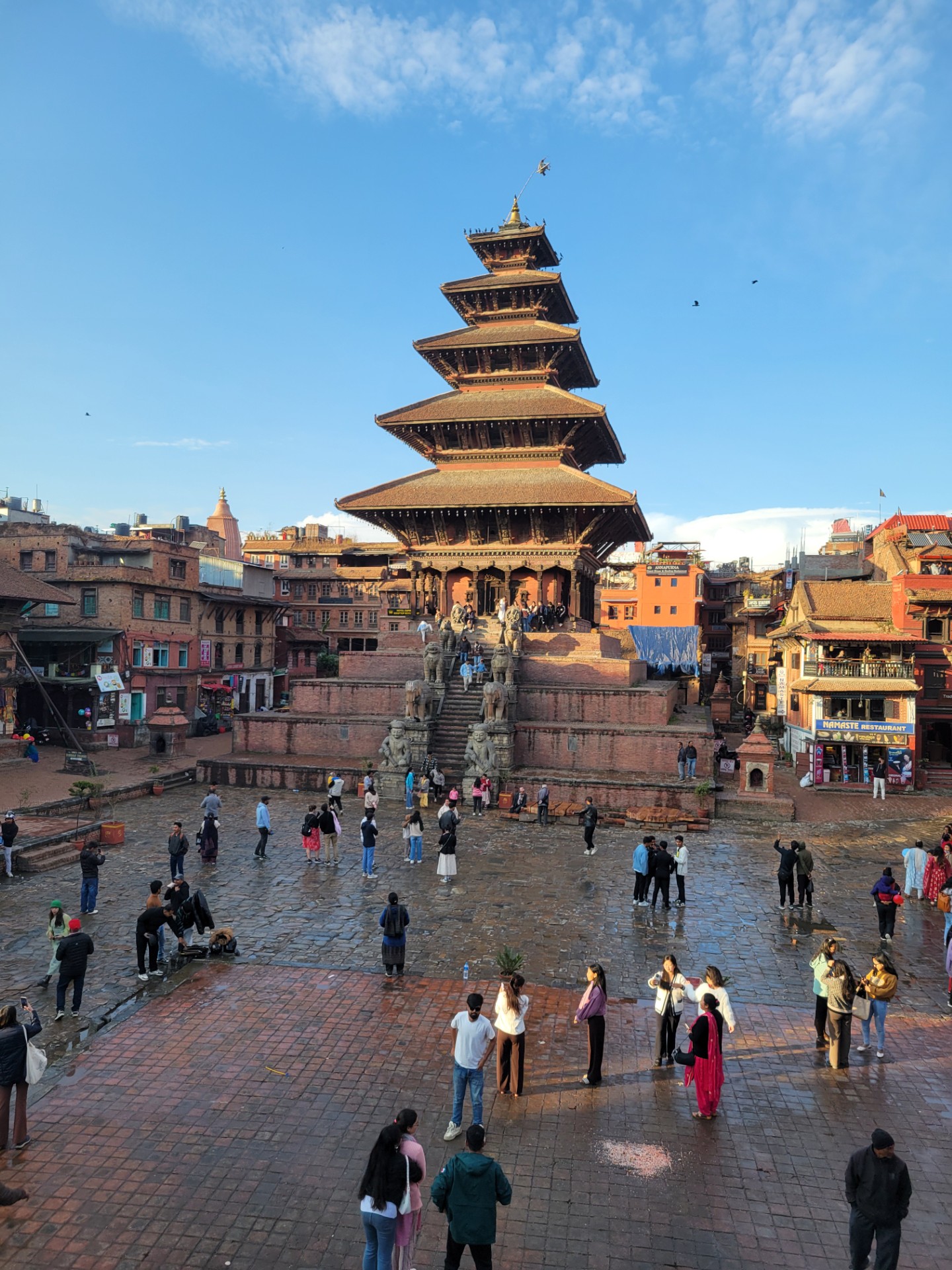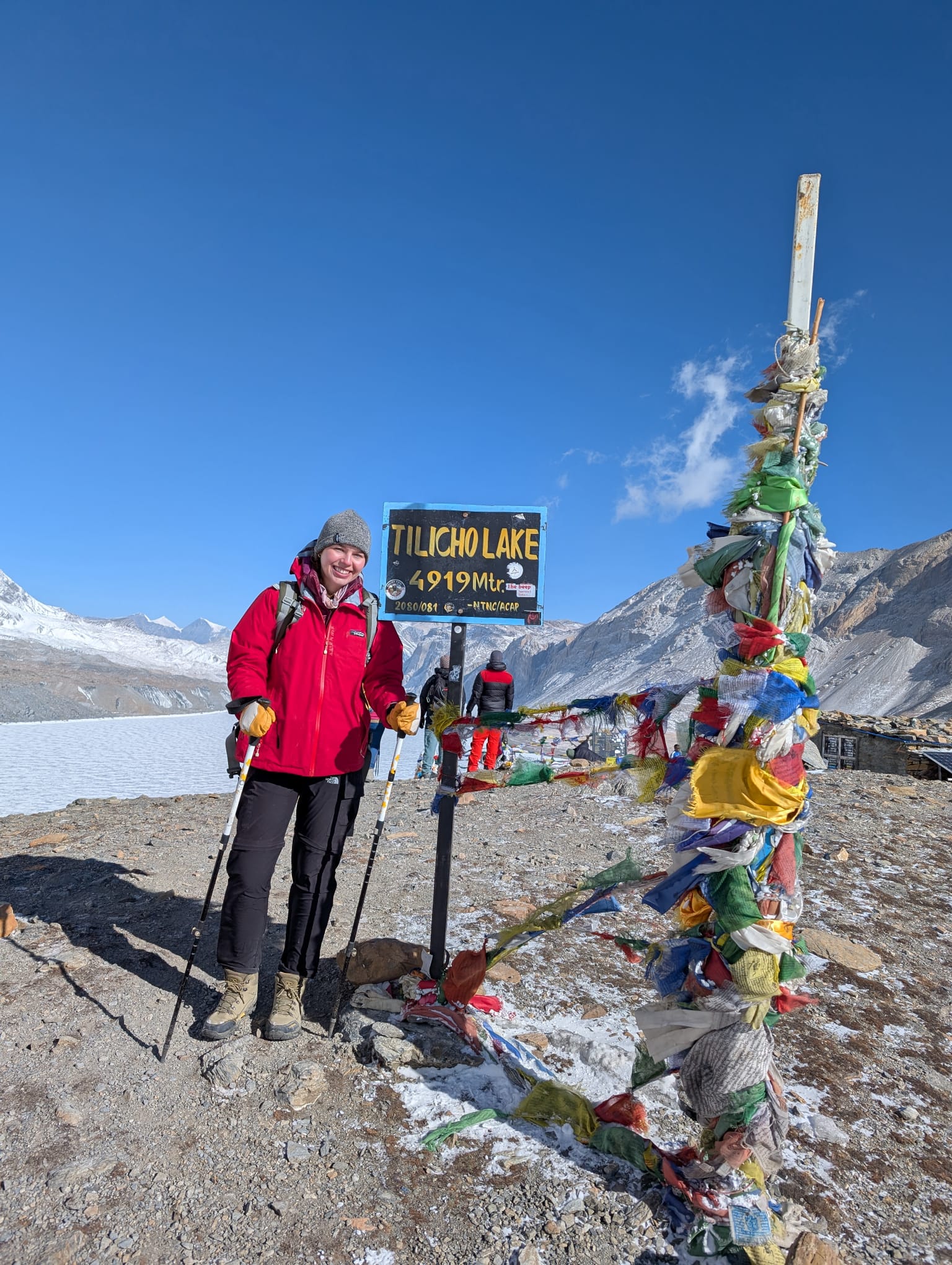
From bustling hospitals in Manila to rural outreach centers in Nepal, two Montana WWAMI students discovered how health care challenges around the world can shape the way they practice medicine at home. The University of Washington School of Medicine’s Global Health Pathway gives WWAMI students the chance to explore health care delivery across borders, while learning how cultural, economic, and social factors shape patient care worldwide. Through coursework, electives, and international rotations, the pathway equips future physicians to better serve both global and local communities.
Last spring, Montana WWAMI graduate and new resident Bronte Tani spent four weeks in the Philippines through a self-directed elective. “My mom is from the Philippines, so I have always wanted to understand the health systems there, and it’s my heritage,” she said.
Tani rotated at Metropolitan Medical Center, University of Santo Tomas Hospital, and St. Luke’s Medical Center, with a focus on neurology and movement disorders. She also joined a community clinic run by the Divine Mercy Foundation, an organization in which her grandparents were heavily involved.
The experience deepened her understanding of the link between poverty and health.
“It’s a different healthcare system there, limited by and driven by poverty,” Bronte said. “Many people don’t seek healthcare until very advanced stages of illness because they don’t have money. Seeing those challenges firsthand has been one of the most rewarding and eye-opening parts of medical school.”
Currently, Tani is pursuing her psychiatry residency at the Medical College of Wisconsin.

Montana WWAMI graduate and new resident Ellen Guyer took part in the Global Health Clinical Elective (GHCE) in Nepal. She described the month-long rotation at Dhulikhel Hospital as “paradigm shifting.” Alongside Nepali and international trainees, she rotated through general medicine, multiple internal medicine specialties, and cardiology.
“The interpersonal and interprofessional relationships I developed in Nepal were some of the most meaningful aspects of the entire rotation,” Guyer said. “Conversations with health care professionals from across the world about systems, delivery, and ethics were priceless. The experience will forever affect how I understand the world.”
Guyer is currently continuing her medical journey at Mountain Area Health Education Center in Asheville, North Carolina as she completes her family medicine residency.
Both Montana WWAMI graduates encourage other medical students to pursue global health opportunities, whether abroad or at home.
“Even if you don’t complete the entire pathway, it is worth doing some global health work,” Tani said. “In medicine, you treat people from all backgrounds, and going out of your social comfort zone to learn about culture and ways of thinking is so important for care — whatever field you go into.”





